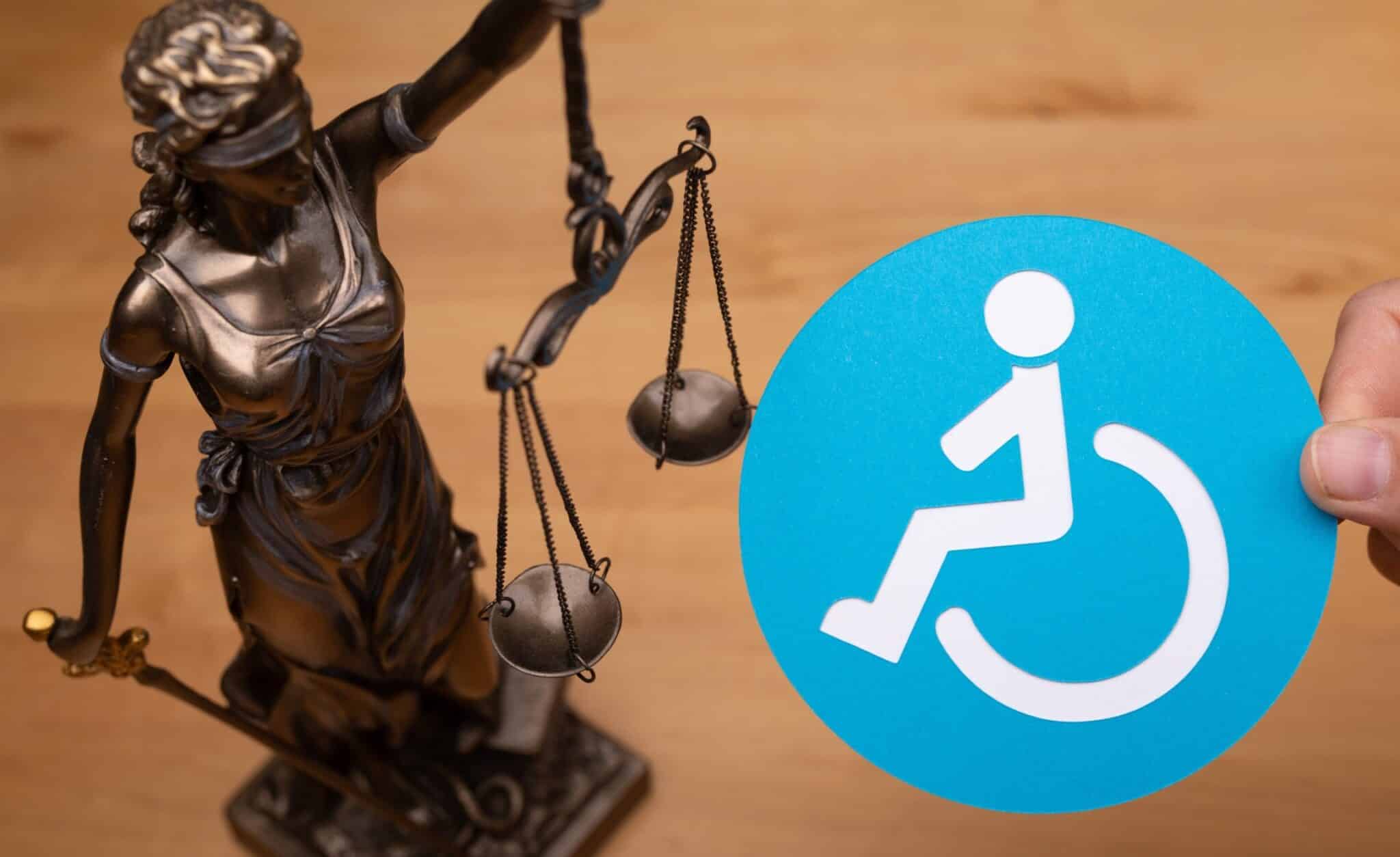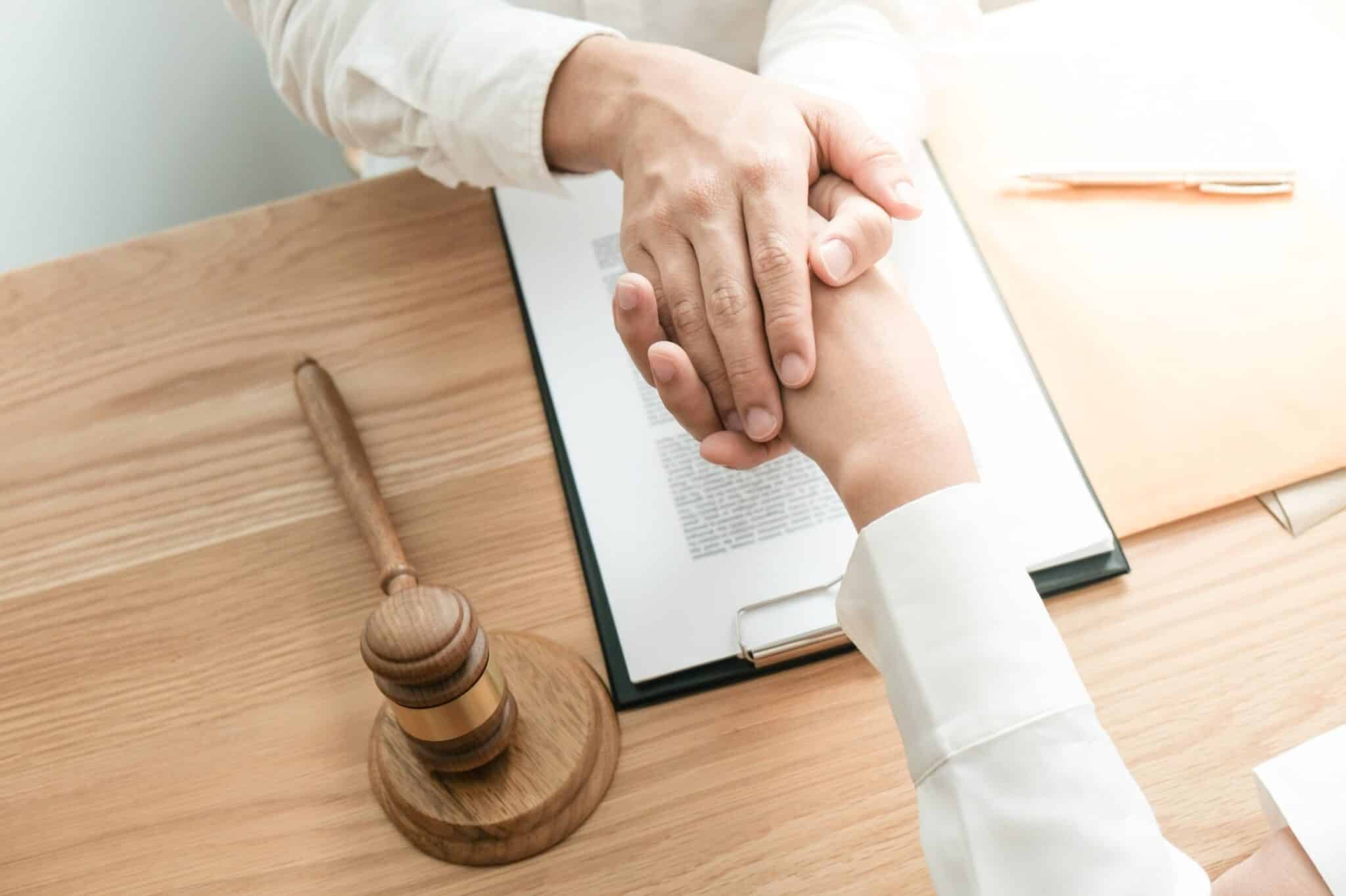How Disability Law Protects Workers In The Private Sector? – Guest Post

The Americans with Disabilities Act (ADA) protects you from discrimination in private sector workplaces. You’ll receive equal opportunities in hiring, promotion, and job performance, with employers required to provide reasonable accommodations that help you succeed. You can’t be fired, harassed, or retaliated against because of your disability. If an employer fails to support your workplace needs, you’ve got legal recourse to challenge unfair treatment. Stick around to uncover more about your rights.
- The Americans with Disabilities Act (ADA) legally prohibits private sector employers from discriminating against qualified workers with disabilities in hiring, promotion, and employment practices.
- Workers with disabilities are guaranteed reasonable workplace accommodations that enable them to perform essential job functions without facing discrimination or retaliation.
- The ADA provides robust legal protections that require employers to make necessary workplace modifications, such as assistive technologies and flexible scheduling, without creating undue hardship.
- Employees can file complaints with the Equal Employment Opportunity Commission (EEOC) if they experience disability-based discrimination, harassment, or denial of accommodation requests.
- Private sector employers are legally mandated to evaluate job candidates and employees based on merit, skills, and qualifications, regardless of their disability status.
Safeguarding Employee Rights Through Federal Enforcement
In the private sector, the Americans with Disabilities Act (ADA) serves as the primary shield for workers, ensuring that physical or mental impairments do not become barriers to professional opportunity. Beyond mere anti-discrimination, the law mandates that private employers engage in a “cooperative dialogue” to provide reasonable accommodations, a process crucial for maintaining an inclusive workplace.
According to The Gavel Post, recent enforcement trends by the EEOC highlight a growing intolerance for rigid return-to-work rules and failures to assess accommodation requests fairly, particularly regarding mental health. This evolving legal landscape underscores that for private-sector employees, federal protections are not static but are actively reinforced through high-stakes litigation and administrative oversight to ensure equal access and fair treatment in the modern economy.
Understanding Your Rights Under the Americans With Disabilities Act
The Americans with Disabilities Act (ADA) provides robust protections against workplace discrimination for individuals with disabilities in the private sector. You’ve got the right to request reasonable accommodations that enable you to perform essential job functions without facing unfair treatment or bias.
These legal safeguards guarantee that employers can’t discriminate against you during hiring, promotion, training, or termination based on your disability status.
Workplace Discrimination Protections
When you’re a worker with a disability, knowing your rights under the Americans with Disabilities Act (ADA) is crucial for protecting yourself from workplace discrimination. The ADA prohibits employers from discriminating against qualified individuals with disabilities in job application procedures, hiring, firing, advancement, compensation, job training, and other employment-related activities.
You’re protected from unfair treatment based on your disability, and employers must provide reasonable accommodations that allow you to perform essential job functions. These accommodations might include modifying work schedules, purchasing adaptive equipment, or making workplace facilities more accessible.
If you experience discrimination, you can file a complaint with the Equal Employment Opportunity Commission, which will investigate your claim and help enforce your legal rights.
Reasonable Accommodations Rights
Under the Americans with Disabilities Act (ADA), you’ve got five key rights regarding reasonable accommodations that can help you perform your job effectively. These include modifying work schedules, providing assistive technology, adjusting workplace policies, restructuring job duties, and making physical workplace modifications to support your abilities.
Your employer must engage in an interactive process with you to determine appropriate accommodations that don’t create undue hardship for the business. If you request an accommodation, your employer can’t retaliate or discriminate against you. They must seriously consider your needs and work collaboratively to find solutions that enable you to perform essential job functions.
These protections guarantee you have equal opportunities in the workplace, regardless of your disability.
Reasonable Workplace Accommodations: What Employers Must Provide
If you have a disability, you’re protected by laws that require employers to provide reasonable accommodations that help you perform essential job functions. These accommodations can include modifying work schedules, adapting workspaces, providing assistive technology, or adjusting job duties to match your capabilities.
Understanding your rights and the specific accommodations available can help you navigate workplace challenges and guarantee you have equal opportunities for success.
Types of Workplace Accommodations
Because workplace accommodations are crucial for employees with disabilities, employers must provide reasonable adjustments that enable workers to perform essential job functions.
Different types of workplace accommodations can include:
- Physical modifications like ergonomic workstations or accessible restrooms
- Assistive technology such as screen readers or specialized computer equipment
- Flexible scheduling to manage medical appointments or treatment needs
- Job restructuring that allows alternative task performance methods
These accommodations help create an inclusive work environment where individuals with disabilities can contribute effectively. They’re designed to level the playing field, ensuring that talented employees aren’t disadvantaged by their physical or mental conditions.
Legal Employer Obligations
Most employers must understand their legal responsibilities when providing reasonable workplace accommodations for employees with disabilities. You’re required to engage in an interactive process with disabled workers to determine appropriate modifications that enable them to perform essential job functions.
Your obligations include making reasonable adjustments that don’t create undue hardship for your business. This might involve modifying work schedules, acquiring adaptive equipment, restructuring jobs, or adjusting workplace policies. You can’t discriminate against qualified employees with disabilities during hiring, promotion, or job assignments.
If an employee requests an accommodation, you must seriously evaluate their needs and explore potential solutions. Failure to comply with disability laws can result in legal action and substantial financial penalties.
Preventing Discrimination in Hiring and Promotion
When employers evaluate job candidates or consider internal promotions, they must adhere to strict disability discrimination guidelines. These guidelines guarantee fair treatment and equal opportunities for qualified individuals with disabilities. Key principles include:
- Focusing solely on a candidate’s ability to perform essential job functions
- Providing reasonable accommodations during the hiring and promotion processes
- Avoiding discriminatory questions about an individual’s disability status
- Evaluating candidates based on merit, skills, and qualifications
Employers can’t reject candidates or deny promotions due to disabilities if they can perform job duties with or without reasonable accommodations. The Americans with Disabilities Act (ADA) mandates that private sector employers treat all workers equally, regardless of their physical or mental limitations. By following these guidelines, companies create inclusive workplace environments that value diversity and individual potential.
Legal Protections for Employees With Invisible Disabilities
Some employees face unique challenges when their disabilities aren’t immediately visible to employers or colleagues. If you have an invisible disability like chronic pain, mental health conditions, or neurological disorders, you’re still protected under the Americans with Disabilities Act (ADA). The law requires employers to provide reasonable accommodations that help you perform essential job functions, regardless of whether your disability is apparent.
These accommodations might include flexible scheduling, modified work environments, assistive technologies, or adjusted break times. You’re legally entitled to request these adjustments without fear of retaliation. Your employer must engage in an interactive process to determine appropriate accommodations, ensuring you can contribute effectively while managing your specific health needs.
Challenging Disability Discrimination: Your Path to Justice
Despite the legal protections in place, disability discrimination still occurs in workplaces across the United States. When facing such discrimination, you have several powerful strategies to challenge unfair treatment:
- Document every incident of discrimination meticulously, including dates, witnesses, and specific details
- File a formal complaint with your company’s human resources department or Equal Employment Opportunity Commission (EEOC)
- Seek legal consultation from an employment attorney specializing in disability rights
- Gather supporting medical documentation and witness statements to strengthen your case
Your path to justice involves understanding your rights, collecting evidence, and taking strategic action. Remember that federal laws like the Americans with Disabilities Act (ADA) are designed to protect you from workplace discrimination and guarantee equal opportunities for employment and advancement.
Conclusion
Don’t let disability discrimination hold you back. You’ve got legal protections that can level the playing field at work. The Americans with Disabilities Act (ADA) prohibits discrimination against qualified individuals with disabilities in private sector employment. This means employers cannot discriminate in job application procedures, hiring, firing, advancement, compensation, job training, and other employment-related activities. Employers must provide reasonable accommodations that allow employees with disabilities to perform essential job functions, unless doing so would cause undue hardship. If you face discrimination, you can file a complaint with the Equal Employment Opportunity Commission (EEOC) to protect your rights. Whether you’re seeking workplace modifications or challenging unfair treatment, the law is on your side. Stand tall, know your rights, and remember: with knowledge and determination, you can break down barriers and thrive in your career.


















